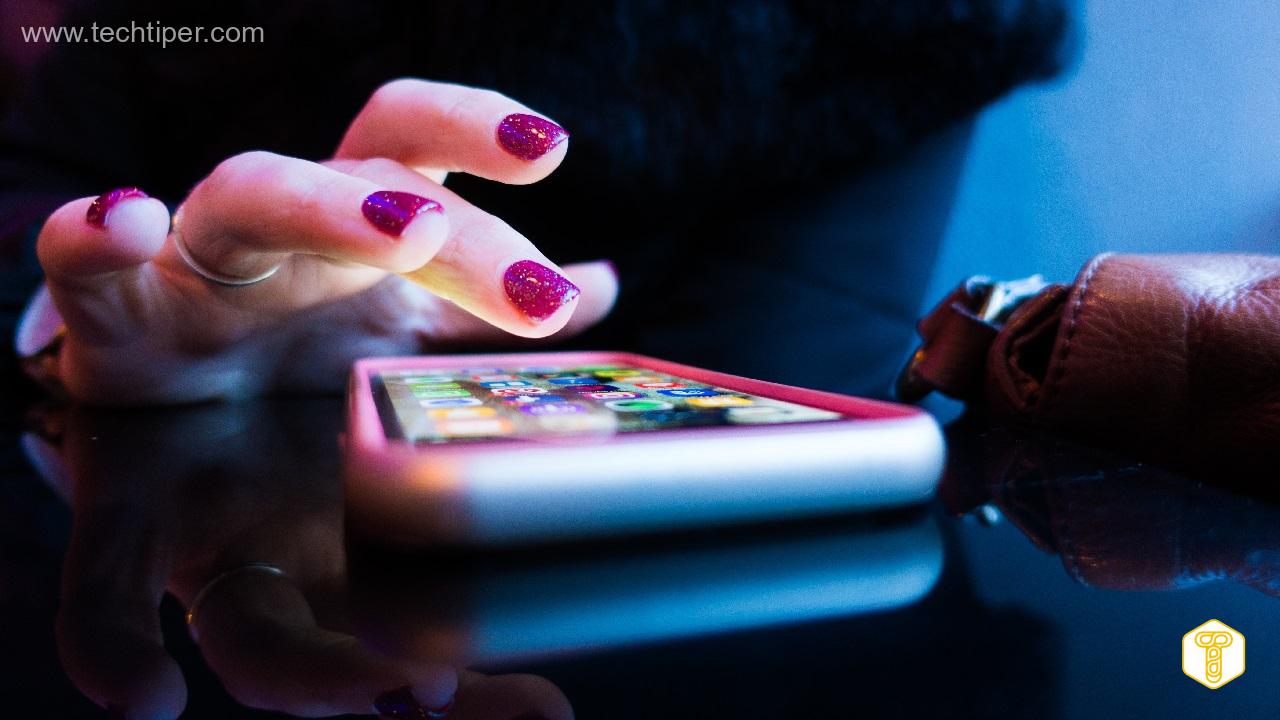Addiction to the phone is a topic that has received more and more attention in recent years. Smartphones have something that makes us reach for them in almost every possible situation. We explain to ourselves that these devices are not only for entertainment, but really make everyday functioning easier. And although there is a lot of truth in this, it cannot be denied that many of us have an obvious problem with the abuse of our smartphone.
Catherine Price, a writer and science journalist, in her book How to Break Up With Your Smartphone , compares the abuse of this device to … a toxic relationship . We have become inseparable. You are the last thing I touch at bedtime and the first thing I reach for in the morning. You remember about my visits to the doctor and important events, you know the shopping lists by heart. You give me GIFs and happy emoticons that I can send to my friends for their birthday. It makes me think, “Oh! Animated balloons! ”. You make my avoidance strategy perceived as caring and for that I am grateful to you – writes the author and suggests a break up, not complete, but still.
As the editorial staff of a portal for technology enthusiasts, we would probably be the last to urge you to throw away your smartphones . A closer look at how each of us uses the phone and whether it does not negatively affect his life, it certainly will not hurt.
Contents
The different faces of phone abuse problems
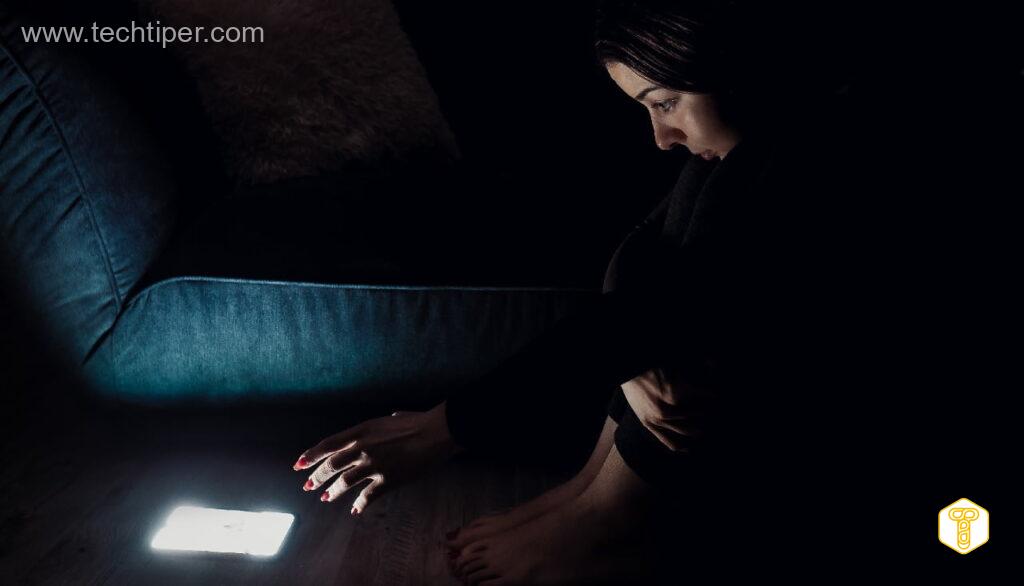
One of the most frequently associated problems with smartphones is FOMO – Fear Of Missing Out . It is the fear that we are missing out on something. Before the internet age, this feeling could not spread too much.
Every person missed a lot of things in life, because it was simply impossible to be in many places at the same time and follow what was going on in them. The Internet already gives this possibility, but only smartphones allow you to constantly check what our friends are doing and what photos were added by our favorite celebrities.
So some people feel that they have to keep looking at their smartphone in order to be up to date with absolutely everything that is happening where they do not have the opportunity to be.
Another problem related to the use of a smartphone is nomophobia (no mobile phobia) described by Caglar Yildirim from the State University of New York.
It is simply the fear of not having a phone , which manifests itself in nervous reactions to the mere fact that the device is not in our vicinity. Nomophobia may disrupt our functioning in society, affect interpersonal difficulties and increase the susceptibility to depression.
It is common for people who are addicted to smartphones to have trouble staying focused and experience learning disabilities.
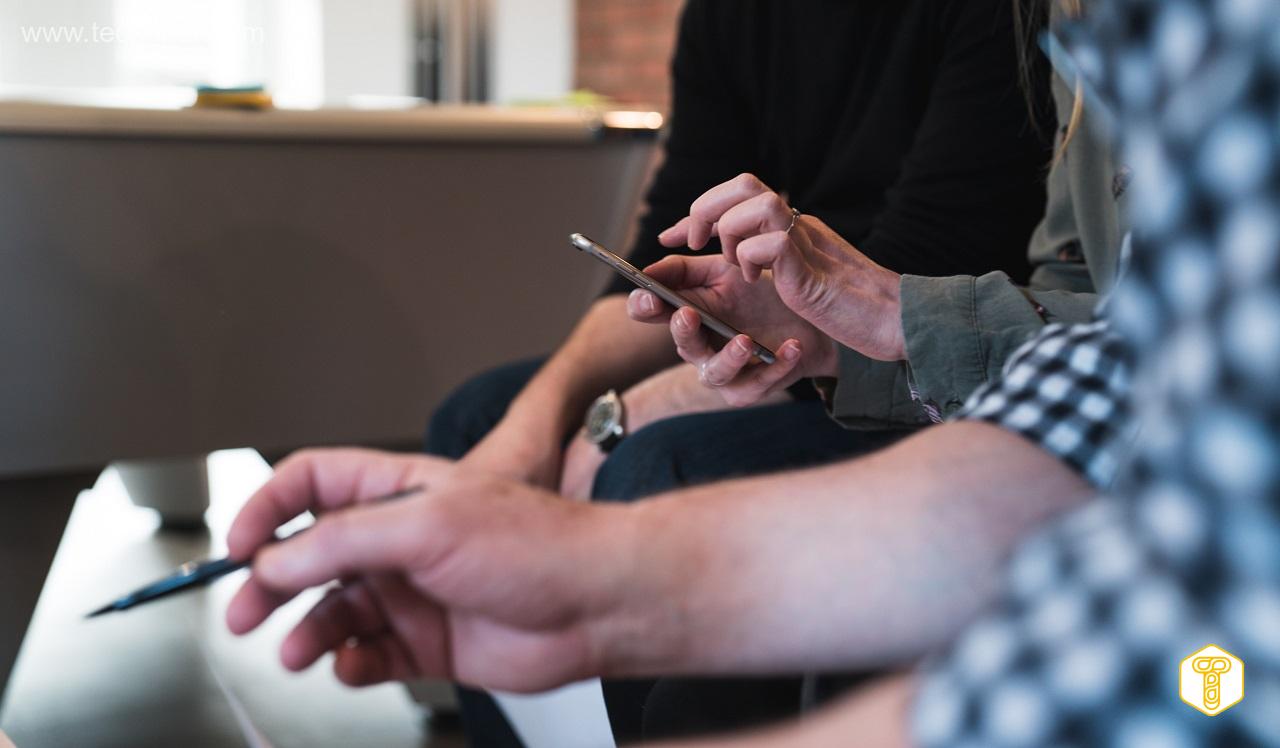
Apart from precisely defined ailments, almost all of us have a greater or lesser tendency to play with the phone at every possible opportunity.
When we do this, for example, while eating or talking to someone, it does not have the best effect on our ability to maintain attention. Although it seems to us that we can easily do several things at the same time, we usually neglect some of them more or less . As a result, for example, we will eat more than we need, because our brain will focus on the content displayed on the screen, and not on the eating process itself.
We can also ignore the other person, because although we can hear what she is saying, we were more interested in the Instagram post.
Read Also: How to protect yourself from online threats? Spoofing, phishing and other cyber attacks
Compulsive telephone use can be characterized by internal compulsion and persistent repetition of the same activities. Another warning sign are mental distress and even physical discomfort when trying to limit the time spent with the device. We can also apply such criteria to, for example, addiction to games or the Internet. The state-owned NASK institute writes about the details in its FOMO guide .
But how is it even possible that our smartphones engage us so strongly in interacting with them? Undoubtedly, it can be influenced by the versatility of these devices and their handiness . We put the phone in a pocket or purse and take it anywhere, which cannot be said about a TV or computer. Another reason is given by Catherine Price. As he claims, smartphones are addictive due to unpredictability.
We never really know what content we will see. Perhaps only every few dozen phone unlocks we will see an important notification or a nice message, but we do not know when it will happen. So we look at the device more and more often. This is a similar mechanism to that used by slot machines.
Phone addiction test
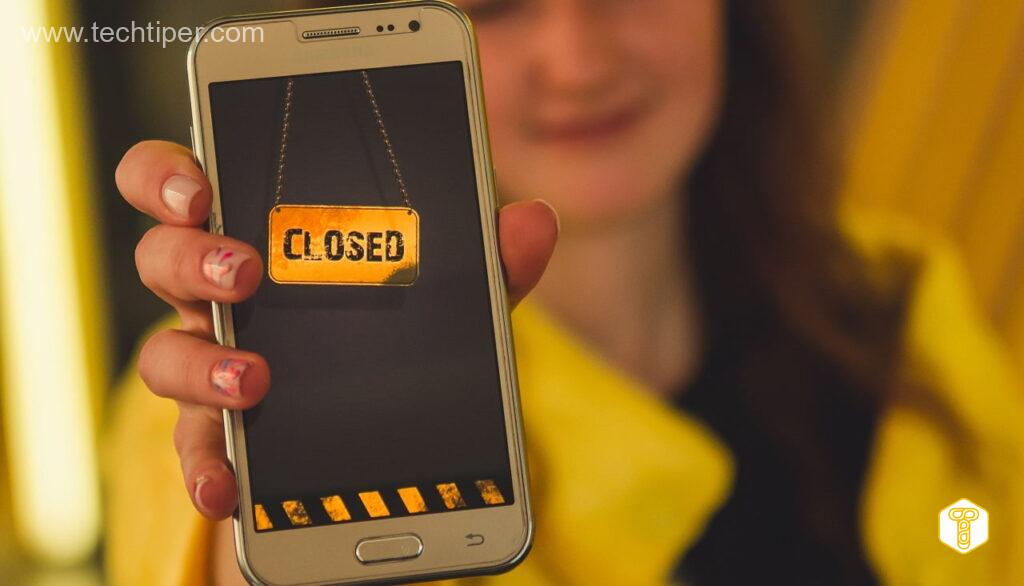
Caglar Yildirim from New York State University has developed a special test that allows you to see if you have a problem with nomophobia . Each of the following statements should be answered by assigning the appropriate number of points to it on a scale of 1-7 (1 is I strongly disagree, 7 is definitely I agree).
- I would feel uncomfortable not having constant access to information via my smartphone.
- I get frustrated when I can’t check something with my smartphone every time.
- The lack of access to the information on my device (news, events, weather) makes him nervous.
- I feel nervous when I can’t use my smartphone and its capabilities every time I feel like it.
- The possibility of the battery discharge in my smartphone worries me.
- If I exceeded my data transfer or connection limit for a given month – I would panic.
- If I don’t have phone or Wi-Fi coverage, I immediately check if I can’t get it anywhere in the area.
- I am afraid that without the possibility of using the smartphone, I could get lost somewhere.
- If I don’t check my smartphone for a long time, I feel the need to do it.
- Without my smartphone with me, I feel anxious that I cannot contact my friends immediately.
- Not having a smartphone with me, I feel anxious that my family is not in contact with me.
- Without my smartphone with me, I feel anxious that I will not receive important text messages and will be unavailable for calls.
- Without a smartphone with me, I feel anxious that I will not be able to stay in touch with my friends and acquaintances.
- Not having a smartphone with me, I feel anxious that someone will want to contact me and will not be able to.
- Not having a smartphone with me, I feel anxious that the constant contact with my family and friends will be disturbed.
- Without my smartphone with me, I get anxious that I am not constantly connected to my online profiles.
- Without a smartphone with me, I feel anxious that I will not be up to date with what is happening on the Internet and on social media.
- Without my smartphone with me, I feel anxious that I will not receive important notifications from my contacts and sources of knowledge.
- Not having my smartphone with me, I feel anxious because I cannot check the messages.
- Not having my smartphone with me, I feel anxious because I don’t know what to do.
If we obtained a total of 21 to 60 points, we may have a slight nomophobia . Scores above 61 are already disturbing and may mean that we cannot stand for a long time without looking at the phone. If we got more than 100 points, this indicates a strong anxiety that occurs when we do not have access to the telephone.

Another, much simpler test is proposed by the aforementioned Catherine Price. The author, however, is David Greenfield , a professor of psychiatry at the University of Connecticut’s Faculty of Medicine. Here we just need to count the affirmative answers to the following questions.
- Do you spend more time with your smartphone than you think?
- Do you catch yourself killing time by staring mindlessly at your smartphone?
- Do you lose track of time when you click on your smartphone?
- Do you spend more time texting, tweeting or emailing than talking to people in person?
- Are you spending more and more time with your smartphone in hand?
- Would you like to use the phone a little less often?
- Do you regularly sleep with your smartphone on under your pillow or by your bed?
- Do you read and reply to texts, tweets and emails at any time of the day or night, even if you have to stop other activities to do so?
- Do you send texts, emails, tweets, snaps and Facebook posts, or browse the web while driving or other activities that require focus and concentration?
- Do you have the feeling that using your cell phone or smartphone sometimes lowers your performance?
- Are you reluctant to part with your cell phone or smartphone, even for a short time?
- Do you feel uncomfortable or awkward if you accidentally leave your mobile phone in your car or at home, when you are out of range, or your phone is broken?
- Is your smartphone on the table during meals?
- When your smartphone rings, do you feel a strong urge to check if you have received a new message or other information?
- Do you catch yourself mindlessly checking your smartphone many times a day, even when you know you won’t find anything new or interesting there?
A score below two points means that we behave normally, from three to four, that our behavior indicates a tendency to compulsive use of the telephone.
If we answered yes to five to eight questions, we likely have a problem with excessive compulsive phone use . In the case of eight or more affirmative answers, Dr. Greenfield recommends… that you consider visiting a psychologist, psychiatrist or psychotherapist dealing with behavioral addiction treatment.
However, the described tests have the same problem as almost all similar questionnaires – they cannot cover all the individual issues that are important to a person. Some people, for example, use the phone for work and therefore check it very often, but they can easily stop doing it if they want to. So the tests can be a clue, but not the final oracle.
A day without a phone
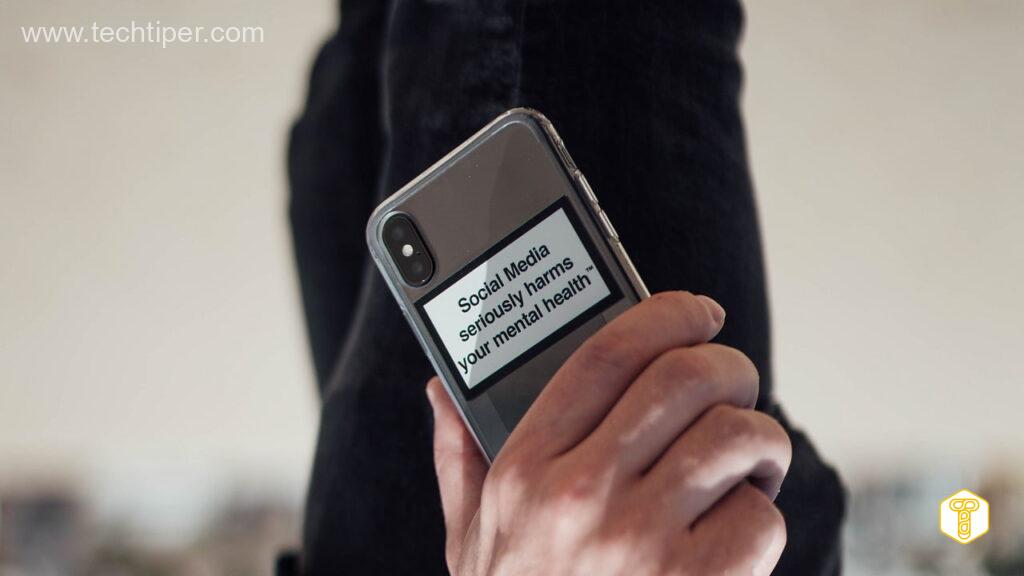
Catherine Price, as the first step to creating a new relationship with her smartphone, mentions installing an application that will monitor the time of using the device and the number of situations in which we take it in hand. We should guess what the results of this analysis may be, and then confront them with reality. This can make us realize how much time we spend using the phone.
The plan developed by the aforementioned scientific journalist also provides for, inter alia, entering social networks through a browser, not through applications, and making order with notifications. The real test, however, comes on the twentieth day of the entire experiment, in which we have to completely give up the smartphone for 24 hours, simply turning it off. And then consider in what situations and places we can limit the use of it.
These changes didn’t give me an extra twenty-four hours when I suddenly became the perfect mother, wife, amateur athlete, and world-class writer. Rather, the point is that I feel less distracted by clicking and confident that I am making the best of my time , said Vanessa, one of the participants in the process Catherine Price described.
The journalist herself admits that after her experiment she still almost always has the phone with her and uses it both for very practical tasks and for mindless entertainment. However, she is more aware of the impact that a smartphone has on everyday life and is ready to take a break from this device from time to time.
We will not encourage you to make radical and permanent changes in the use of smartphones, which undoubtedly make life much easier. Perhaps, however, a new look at the issue of using these devices will encourage some people to, for example, try to rest a bit from their phones during the upcoming holidays. Consider when these utensils really help us, and when we use them mindlessly out of habit.
Read Also: How to type faster on the keyboard? 9 tips for computers
Where is the border?
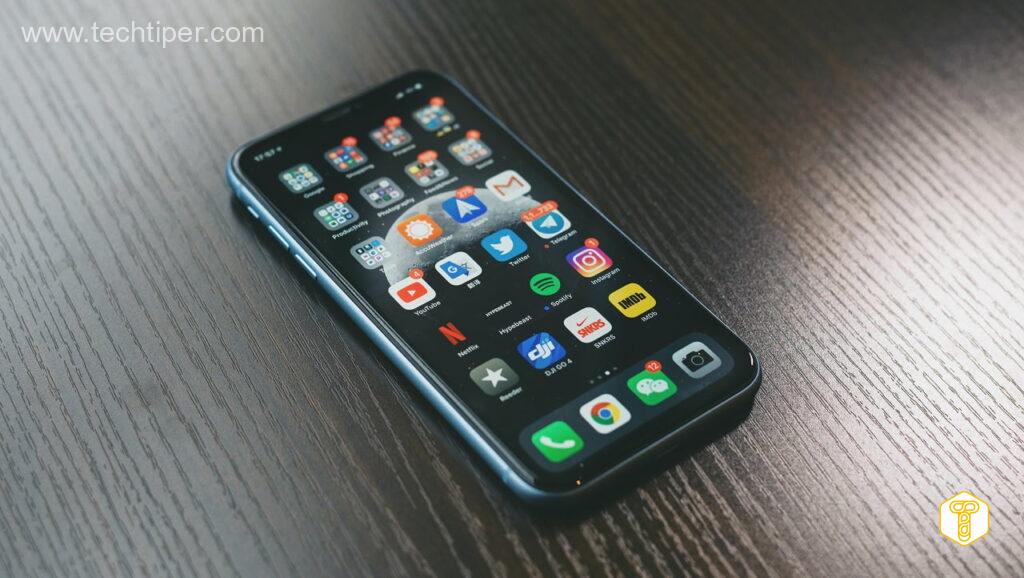
It is difficult to clearly determine when someone exaggerates with using a smartphone and when everything is fine. Much depends on the specific person and their lifestyle. Some people will not be able to stop using the phone for a large part of the day because of their work.
Others may spend a lot of time browsing social media, e.g. in public transport, but it won’t be a problem for them to leave their phone aside while eating or talking to someone. There are also those in whom the habit of constantly reaching for a smartphone is visible to the naked eye and it is difficult to argue that these people have a problem.
However, it seems as objective and accurate as possible to say that we deal with addiction to the phone when this device does not facilitate our functioning in the real world , but only replaces this world.

